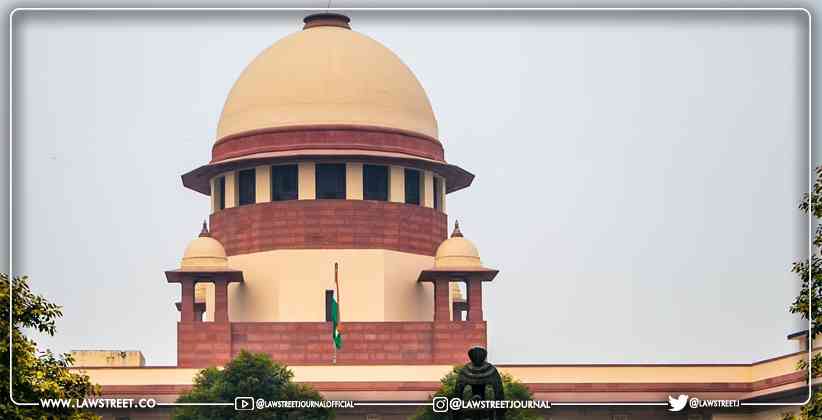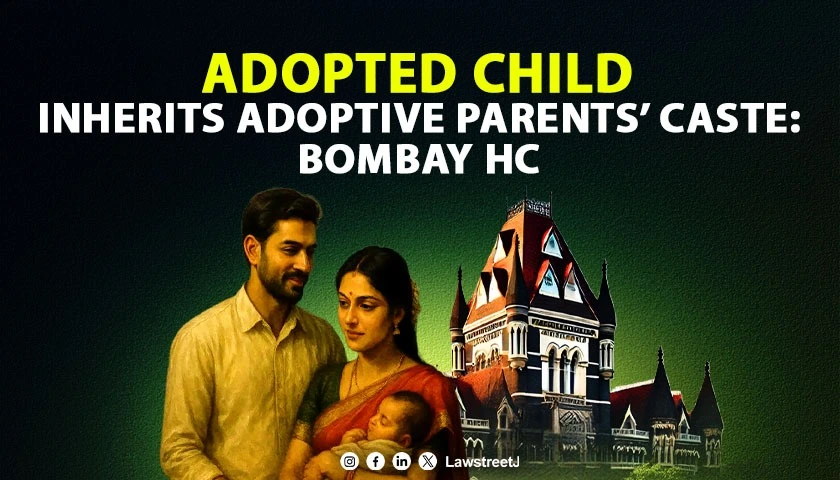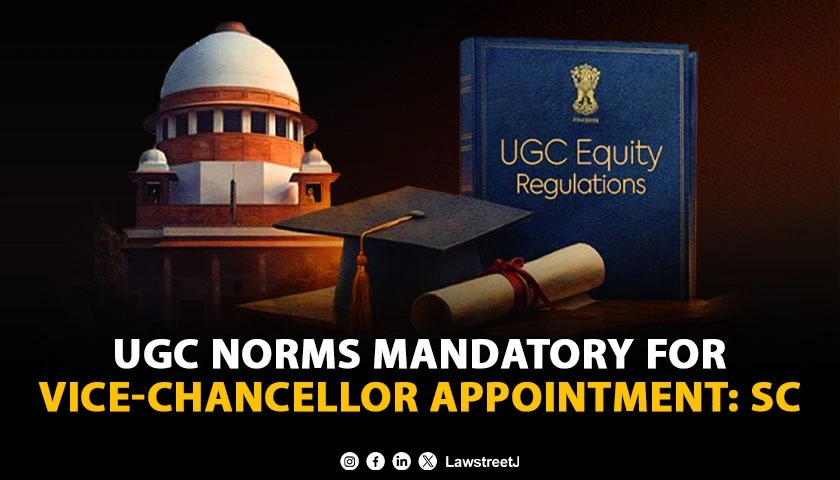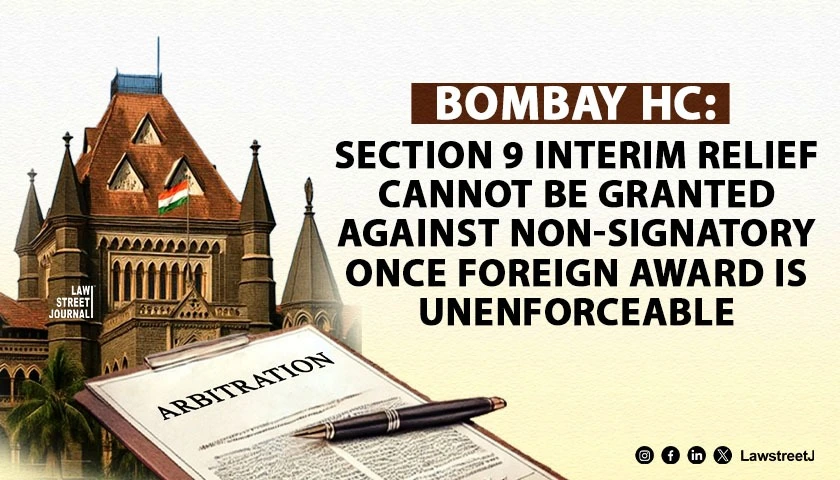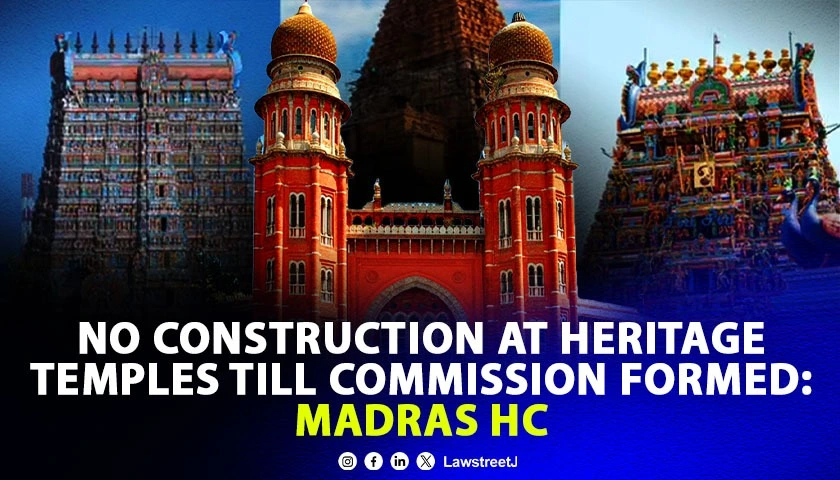The Suo Moto case on COVID-19 preparedness of the country began its hearing on Tuesday (April 27) in the Supreme Court (SC).
At the hearing, the SC noted that although the high courts can keep an eye on the situation in each state, the SC can't remain silent when the country undergoes such a crisis.
On Tuesday (April 27, 2021) the bench comprising Justices DY Chandrachud, L Nageswara Rao and S Ravindra Bhat said, "Our role will be to coordinate efforts among countries, Requires SC to intervene for national effort coordination. The SC cannot be a mute spectator during a national crisis."
The Bench said the Supreme Court's intervention must be understood in the right light. Some problems go beyond the regional limits. "The Supreme Court cannot be a silent spectator in an era of national crisis," the bench observed.
The Bench made it clear that the Supreme Court plays an additional role and that it can help if the issue is not resolved due to territorial restrictions.
The central government has called for a report on supply issues for oxygen, essential drugs and pricing of vaccines. On Friday (April 30, 2021) the matter will be discussed further.
At least 11 national high courts are responsible in their respective jurisdiction for issues related to COVID management. The Bar Association of the Supreme Court filed an application for a high court hearing as it is the most appropriate case to deal with local problems. The very next day, Salve requested the bank to relieve him of his criticism as an amicus. He said that his appointment was based on his long friendship with CJI Bobde during his school days. He said that he did not want this to take a shadow.
The bench was disgusted by the criticism of senior lawyers and claimed that the high courts did not want to stop proceeding. The bench said the criticism is based on unfounded perceptions, because in the order there is nothing that stops High Courts from dealing with the questions.

